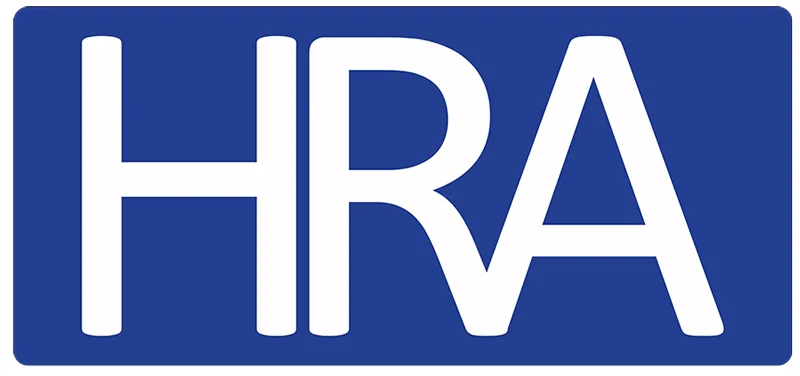Webinars to showcase HIBAR projects
The HIBAR Research Alliance webinar series provides a valuable forum for people to share their experiences related to a variety of aspects of HIBAR projects. An ongoing webinar series offers a great opportunity for an organization to showcase exciting HIBAR projects that are underway, to strengthen connections among interested individuals on a regular basis, and to reach new audiences by including a wide variety of research topics.
A brief description of the HIBAR Research Alliance webinar series
The HRA webinar series provides a forum for research leaders to share their experiences related to a variety of aspects of HIBAR research. Some of the webinars in the series highlight a particular HIBAR project, and the discussion focuses on aspects and challenges of the HIBAR research process that may be different from other forms of research. Others focus on issues related to HIBAR research more generally within the research ecosystem, and the discussions highlight steps that can be taken at the institutional level to enable more of this type of work.
The audience encompasses people with a broad range of backgrounds from all areas of research, including science, technology, social sciences and humanities. Some are currently researchers, some have senior administrative positions in universities, and some are from organizations outside of the academic system. They all share an interest in HIBAR research projects and particularly in encouraging changes in the organizational culture within the academic system to make it possible for more people to carry out HIBAR projects.
Webinars are hosted on an approximately monthly basis during the academic year from September to April. Typically ~20-60 attendees watch the live broadcast, and recordings of each webinar are posted on the HRA website so that many more people can watch it later.
The webinars are often presented by a team of two or three people from different sectors (academia, industry, government, and non-profits) who are participating in the project. Presenters are encouraged to emphasize the HIBAR aspects of their work, as this will be of great interest to all of the attendees, regardless of their disciplinary background, and the discussion portion offers an opportunity for the presenters to expand further on key HIBAR aspects of the project, in response to questions from attendees.
This strategic action can encourage cross-sectoral co-leadership & shared decision-making:
While the HRA webinar series was developed to address the specific goals of the HRA, the approach can be readily adapted by an organization to build awareness of the value of HIBAR projects and to connect researchers with shared interests who might otherwise not have the opportunity to meet. The HRA has prepared a detailed guide for organizing a webinar series.
The primary goal of the webinar series is for experienced people to share what they have learned in doing and/or encouraging HIBAR projects. Presenters are asked to offer a few brief HIBAR-related “take-away” messages that they can highlight at the end of the webinar. This actionable advice is highlighted in very short (~1-min) videos using excerpts from the webinar recordings. This unique collection is available here on the HRA website, and one specific video is shared each week via a mailout to subscribers of the “Tuesday Takeaway” mailing list, and via LinkedIn.
This strategic action directly contributes to various common institutional priorities, including:
HIBAR projects enable university-based researchers and non-academic researchers and practitioners to work together on projects that strengthening commitment to research excellence and also greatly accelerate progress toward solving society’s critical problems, since co-produced research outcomes are more likely to be translated to benefit society in the long term.
Talent Development
HIBAR projects offer experiential opportunities that lead to many different career paths. This creates a positive feedback loop: as more HIBAR-experienced researchers enter the workforce, they can help co-create and co-lead more university HIBAR collaborations that in turn create new HIBAR research opportunities for another generation of faculty and students.
Community Engagement
HIBAR projects involve deep partnerships with individuals in external organizations, often in locally-based industries, governments, non-profits, and communities. This inclusion helps build long-lasting relationships with people and organizations holding diverse knowledge and perspectives, and increases future community-engaged activities and solutions.
